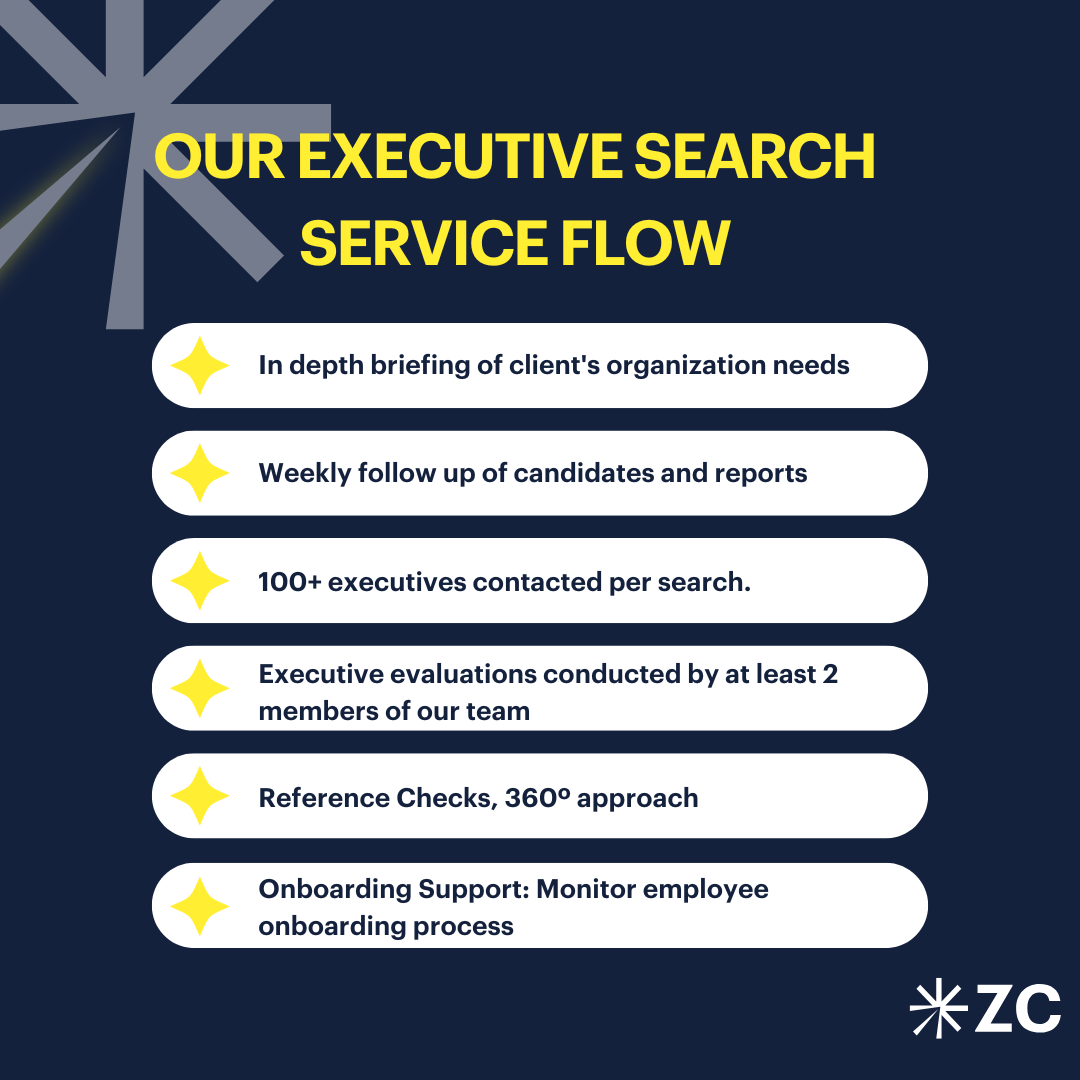Portugal is emerging as a key center for multinational growth, especially in the areas of technology, renewable energy, and nearshoring. Lisbon and Porto are Portgual’s cities that receive foreign investments and are responsible for FDI with their skilled workforce as well as suitable business climate and access to European Union.
But success in this market hinges even more on leadership rather than operations.
Such is the case where an executive search services of Portugal comes into play. With the right executive team, the costly delays from poor alignment between global strategies and local execution are avoided.
Cultural Fit: The Hidden Factor in Executive Success
- Portugal has a mix of Southern European warmth along with a unique emphasis on cooperation. Leadership style is both top down and group oriented. These subtleties are invaluable for foreign firms.
- Trust and relationships drive decision-making.
- Senior-level employees commonly prefer to work under a collaborative organizational framework.
- In most metropolitan areas, English proficiency is at a commendable level. However, within regulatory and commercial spheres, Portuguese remains vital.
Underperformance by some expatriate executives in multinational firms is often attributed to the cultural fit, or lack thereof, which is one of the primary causes. When hiring for a position, behavioral compatibility and functional knowledge are both essential, and therefore, these factors can be assessed by an executive search firm.
Executive Compensation: Context Sensitive Yet Competitive
Within the European Union, Portugal’s executive pay rate is competitive but lags significantly behind the UK and Germany.
C-level base salaries span from €90,000 to €180,000 depending on the sector and size of the company (source: Michael Page Portugal, 2024).
Variable compensation and LTIPs (long-term incentive plans) are gaining popularity, especially in scale-ups and PE-backed companies.
Benefits such as private health, training, and flexible arrangements are expected at senior levels.
Tip: Avoid transplanting HQ packages. Candidates evaluate offers based on total value and lifestyle relevance—not just pay.
Legal & Structural Considerations in Executive Hiring.
Portugal has protective labor regulations—especially for permanent contracts, which are the norm at senior levels. Missteps in structure or dismissal can be expensive.
Executive roles must be clearly defined under Portuguese labor law.
Non-compete clauses are enforceable only if compensated.
Dismissals often require severance; mutual agreements are common to avoid litigation.
Recommendation: Align your executive search process with legal counsel early to structure offers and manage risk proactively.
Local vs. Expat Talent: A Strategic Choice
Should you appoint a Portuguese candidate or relocate someone from HQ? The answer depends on your priorities.
Local leaders bring:
Immediate market insight and networks
Stronger long-term commitment
Cultural fluency and credibility with teams and regulators
Expatriates offer:
Direct alignment with global strategy
Quick integration with HQ leadership
Prior experience in high-growth rollouts
Many firms opt for a blended model: a local GM with an expat CFO or VP Strategy during initial phases.
Leadership is often the make-or-break factor when entering a new market. In a relationship-driven environment like Portugal, finding the right executives isn’t just about filling roles—it’s about securing local credibility, performance, and long-term success.
Executive search in Portugal isn’t a transactional process. It’s a strategic investment that defines how you will grow, operate, and lead in the market.

Planning your expansion into Portugal? Let’s explore what kind of leadership your strategy demands.
Executive Search | Zavala Civitas Executive Search – Zavala Civitas








